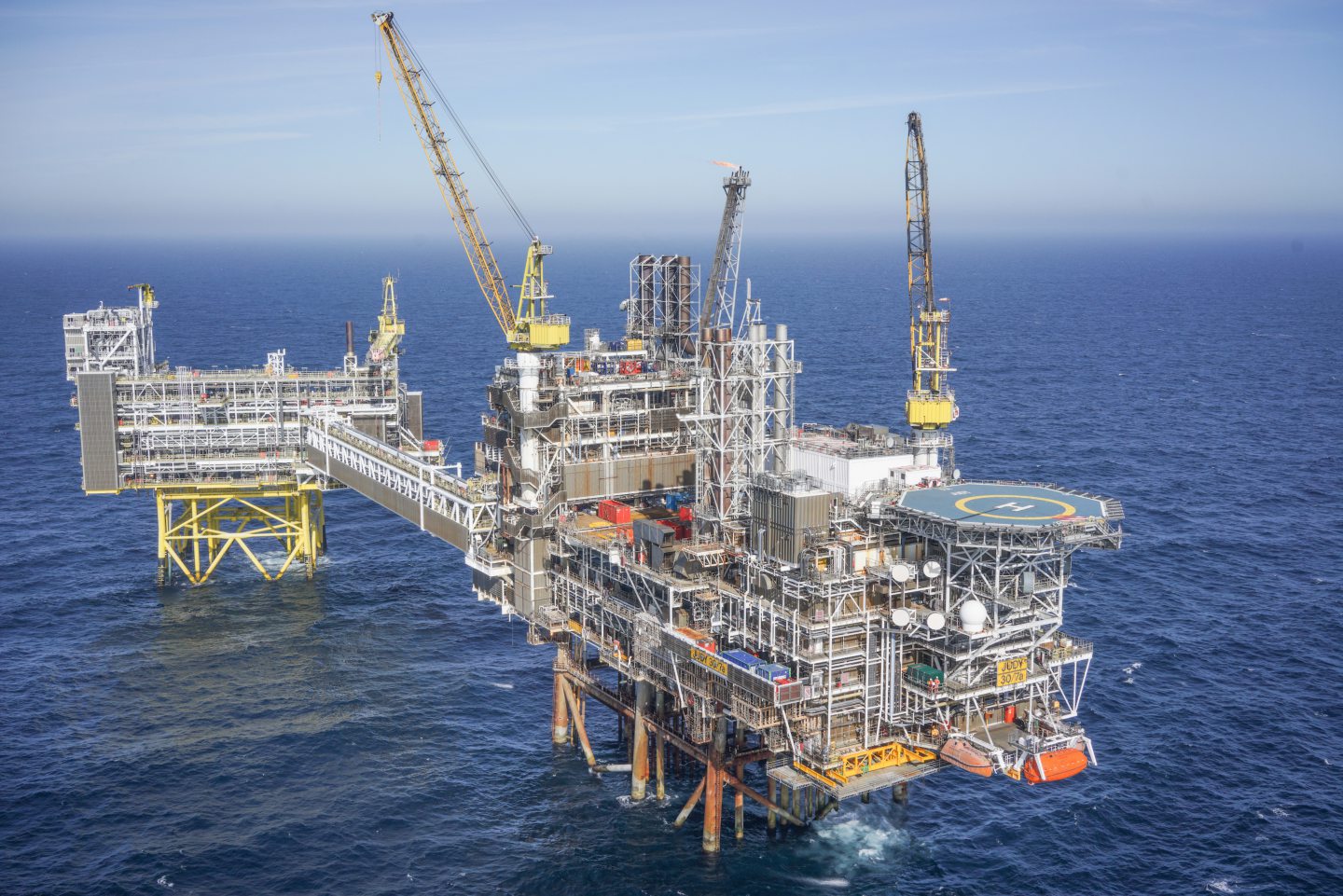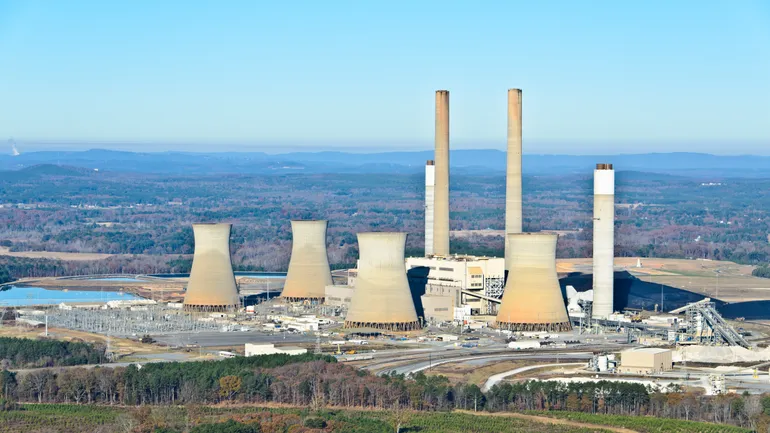North Sea operator Harbour Energy has confirmed it will cut 250 jobs from its headquarters in Aberdeen.
Harbour said the decision comes mainly due to the UK government’s “ongoing punitive fiscal position and a challenging regulatory environment”.
In a statement, Harbour Energy UK managing director Scott Barr said the firm is launching a review of its North Sea operations, which it expects will lead to the loss of 250 onshore roles in Aberdeen.
“The review is unfortunately necessary to align staffing levels with lower levels of investment, due mainly to the government’s ongoing punitive fiscal position and a challenging regulatory environment,” Barr said.
“Harbour remains among the largest producers in the UK North Sea and, while our dedicated and highly skilled people will continue to produce vital energy safely and responsibly, we must take these difficult steps in response to the challenges presented by the current external environment.”
Barr also highlighted ongoing uncertainty around UK government support for its Viking carbon capture and storage (CCS) project in the Humber.
The Viking project is part of the government’s Track-2 CCS process, alongside the Acorn project in Scotland, in which Harbour also has a stake.
While the UK government has progressed Track-1 projects in Teesside and Liverpool Bay, it has yet to confirm the same support for Viking and Acorn.
Barr said Harbour is “reviewing the resourcing required” to support Viking as the project has been hindered by “repeated delays” to Track-2 funding.
Harbour Energy’s North Sea operations
While Harbour reported around $4.1 billion in profits in 2024, the company has overseen “materially reduced capital investment in the UK” due to the windfall tax on North Sea oil and gas firms.
The previous Conservative government introduced the Energy Profits Levy (EPL) in 2022, and since taking office the Labour party has increased and extended the tax.
 © Supplied by Harbour Energy
© Supplied by Harbour EnergyHarbour has been a vocal opponent of the EPL, with the company claiming it paid 108% tax in the UK last year as a result of the fiscal regime.
The Aberdeen-headquartered firm is among a number of North Sea operators to warn they could potentially pull out of the UK as a result of the ongoing windfall tax.
Since its introduction, Harbour acquired German rival Wintershall Dea in an $11.2bn deal in a bid to boost its international footprint.
After the takeover of Wintershall, Harbour added further assets and exploration rights in Argentina, Germany, Algeria, Libya, Egypt and Denmark to its portfolio.
In a sign of its growing international focus, last week Harbour made a final investment decision on a $100m floating LNG project in Argentina.
Harbour has also highlighted further growth opportunities in Norway, Mexico and Indonesia.
While the company is pursuing a UK oil discovery at Gilderoy, close to the operator’s Greater Britannia Area, reports have suggested other North Sea assets are up for sale.
These include stakes in the Armada, Everest, Lomond, Catcher and Tolmount fields.





















